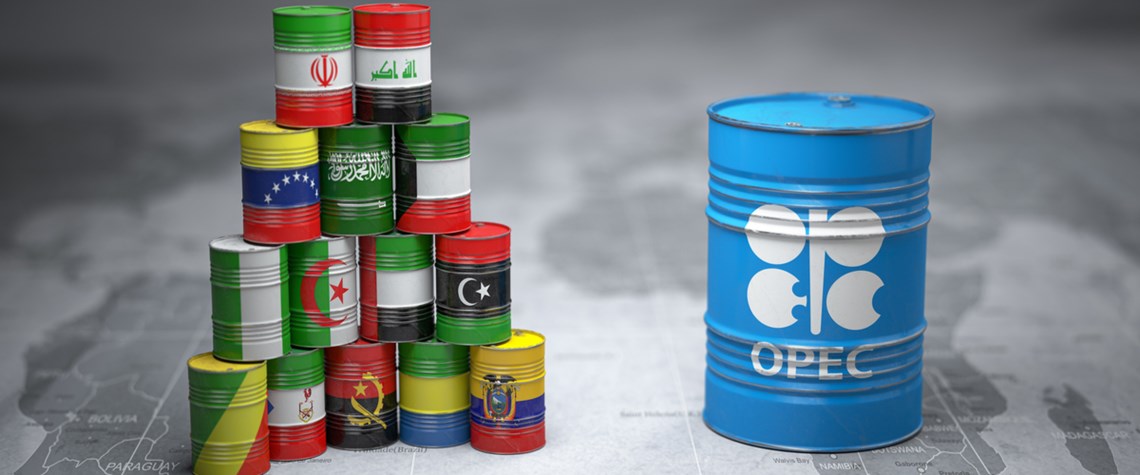Letter from the Middle East: The UAE and Opec—a problem postponed, not solved
Abu Dhabi may have fallen into line for now, but tensions could re-emerge next month
The solution reached by Opec+ in early December may have calmed oil markets’ fears over lack of unity in the alliance’s appetite for retaining production curbs until the end of the year. But month-by-month revisiting of output limits opens the prospect for tensions to emerge with each negotiation. And the potentially growing impatience of the UAE to remake its quota, to allow it to produce more, could thus emerge not as an issue bubbling in the background, but as an open and prolonged battle. The UAE, represented effectively by Abu Dhabi, has traditionally been a strong supporter of Opec, despite not having been a founder member. It usually closely coordinates its policy with Mid-East Gul

Also in this section
23 July 2025
Gas is unlikely to assume a major role in Albania’s energy mix for years to come, but two priority projects are making headway and helping to establish the sector
22 July 2025
The gas-hungry sector is set for rapid growth, and oil majors and some of the world’s largest LNG firms are investing in ammonia production and export facilities, though much depends on regulatory support
22 July 2025
Next year’s WPC Energy Congress taking place in April in Riyadh, Saudi Arabia will continue to promote the role of women in the energy sector, with a number of events focusing on the issue.
22 July 2025
Pedro Miras is the serving President of WPC Energy for the current cycle which will culminate with the 25th WPC Energy Congress in Riyadh, Saudi Arabia in April 2026. He has over 30 years of experience in the energy sector, including stints with Repsol and the IEA. Here he talks to Petroleum Economist about the challenges and opportunities the global energy sector currently faces.








